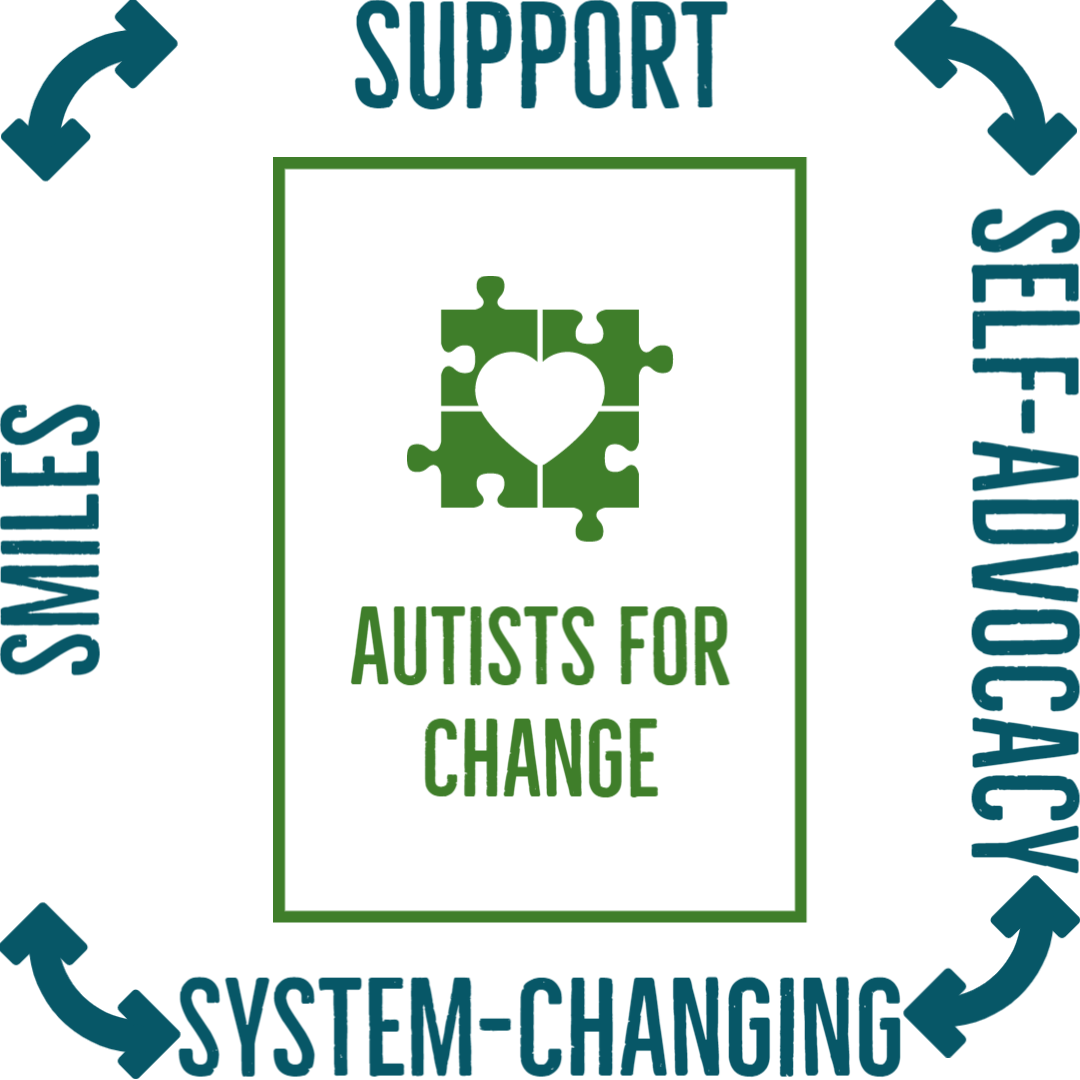
PDA, An In-Depth Explanation
What is PDA? How does it affect someone? What kind of support is needed for someone with PDA? These are some of the questions that will be answered in this article. This is a summation of research from online, and from my personal experience with things very similar to PDA. I hope this can help you figure out what’s best for you, and how you or, others can support each other. Let’s get into the article!
What Is PDA?
PDA, or Pathological Demand Avoidance, is a condition some believe is on the autism spectrum, but is distinctly separate from autism. It is also often called Pervasive Drive for Autonomy, which is a name I personally prefer. PDA is well known and acknowledged in the United Kingdom, but it is widely unknown in the United States. Even I didn’t know about it until my mom told me about it, and I realized I might have it. People with PDA often refuse to do very simple tasks that others would view as very easy. This might be because they want to be in control, and people telling them what to do gives them anxiety.
Often people with PDA have large reactions to very minor things. Sometimes they even have reactions to the things they want to do, like being productive, going to school, etc. They often don’t want to have anything external telling them what to do, as it causes anxiety. People with PDA are often in a fight or flight state, as their brain is wired that way. PDA isn’t a formal diagnosis, as it is not recognized in the Statistical Manual of Mental Disorders or the International Classification of Diseases. This is important because those are what psychologists and psychiatrists can diagnose from.
What Are Some Characteristics Of PDA?
- People with PDA often resists demands that are considered ordinary demands.
- Any external demands from someone else, even if they are just perceived and not intended, often trigger avoidance in people with PDA.
- People with PDA might only do things that they’re personally motivated to do, even if they are perceived as normal things to do.
- Many people with PDA seem more socially typical than most people with autism. Their social skills sometimes make people wonder if they are on the spectrum.
- People with PDA often enjoy role play, sometimes to very extreme levels.
- Many people with PDA have trouble understanding and accepting the social hierarchy.
- People with PDA often have a need for control, mostly related to anxiety.
- People with PDA resist demands to an extreme, to what many people feel is over the top and absurd.
People with PDA exhibit many of these traits, not just one or two. So if I were to have 2 or 3 of these traits, I probably wouldn’t have PDA, just would have some traits of PDA.
How To Support Someone With PDA
Supporting someone with PDA can be difficult. People with PDA often go 0-100 very quickly, which makes them hard to work with sometimes. Here are some tips to help support people with PDA, and some things to not do as well.
- Do not threaten or give ultimatums to people with PDA. It can often lead to breakdowns due to threatening and ultimatums causing lots of anxiety.
- Always remember, PDA is based on anxiety. Most people with PDA are anxious about their loss of control, so try to not take their sense of control from them.
- Try to use what motivates people with PDA. It may not work as often people with PDA even get anxious about demands they put on themselves. However, people with PDA are motivated by themselves and their motivation can be used, if it helps them get what they want.
- Recognize signs of anxiety. What they are depends on the person, but often being crabby and acting abnormal can be signs of anxiety. If anxiety is recognized, try to avoid giving any demands and things that could increase the anxiety.
- Be consistent with rewards, consequences, and boundaries. When there is uncertainty, it can cause anxiety, so being clear and consistent is always a good thing.
- Pick the “battles” with people with PDA. Don’t cause anxiety over very small things, and possibly trigger a response. Stand your ground on larger things, that are more important that the person with PDA to do.
- Be flexible! If something is causing a lot of anxiety, try to help the person with PDA avoid that anxiety, and try to help them stay in control. Let them take the lead to avoid building anxiety.
- Try to help people with PDA build flexibility, so they can feel less anxious with demands. Make sure to not go to far when trying to build flexibility, as it can hurt them overall instead of helping them.
To conclude, PDA is something that many people with autism might have. It is most prominent in children and teenagers, and many people with PDA grow out of it. It is not something that can be officially diagnosed, but it most certainly exists. Depending on who you ask, they may have a different definition of PDA, as it is not set in stone. People with PDA often need flexibility, so be sure to be flexible. This article is to educate people in the U.S. about PDA. If there are corrections, please comment them or reach out to us. Go out there and be amazing!
One response to “PDA, An In-Depth Explanation”
-
A lot of thanks for every one of your labor on this web page. My aunt loves engaging in investigation and it’s really obvious why. We know all of the compelling method you present functional solutions by means of your website and even boost participation from other people on the content so our favorite daughter is actually discovering a lot. Enjoy the rest of the year. You’re carrying out a brilliant job.
Search
Popular Posts
-
Ethical Alternatives to ABA
Many autists, including myself, have shown their dislike towards ABA therapy. However, many people have no idea where to start when finding a better alternative for ABA. Today, we are going to go into some ethical alternatives to ABA, why I prefer them, and the downsides to each of them.
-
PDA, An In-Depth Explanation
What is PDA? How does it affect someone? What kind of support is needed for someone with PDA? These are some of the questions that will be answered in this article. This is a summation of research from online, and from my personal experience with things very similar to PDA. I hope this can help…


Leave a Reply